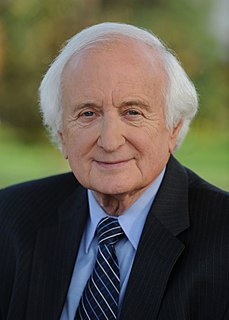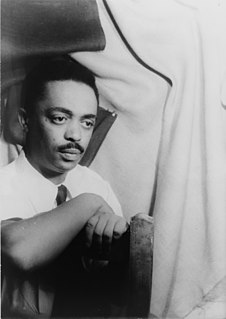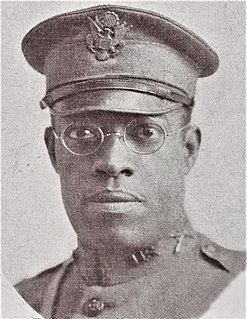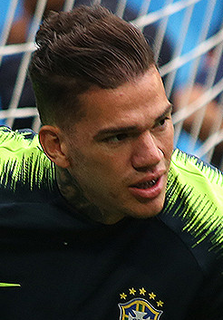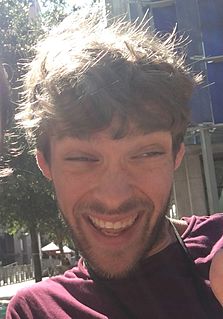A Quote by Robin DiAngelo
Whites have not had to build the cognitive or affective skills or develop the stamina that would allow for constructive engagement across racial divides.
Related Quotes
For me, personally, life in South Africa had come to an end. I had been lucky in some of the whites I had met. Meeting them had made a straight 'all-blacks-are-good, all-whites-are-bad' attitude impossible. But I had reached a point where the gestures of even my friends among the whites were suspect, so I had to go or be forever lost.
I have come from France more firmly convinced than ever that Negros should write Negro music. We have our own racial feeling and if we try to copy whites we will make bad copies…We won France by playing music which was ours and not a pale imitation of others, and if we are to develop in America we must develop along our own lines.
My feeling is that a human being or any complex organism has a system of cognitive structures that develop much in the way the physical organs of the body develop. That is, in their fundamental character they are innate; their basic form is determined by the genetic structure of the organism. Of course, they grow under particular environmental conditions, assuming a specific form that admits of some variation. Much of what is distinctive among human beings is a specific manner in which a variety of shared cognitive structures develop.
My background is in arts education and we know, absolutely for a fact, that there is no better way for kids to learn critical thinking skills, communication skills, things like empathy and tolerance. This is true across every boundary, across cultural boundaries, across socioeconomic, it's a great leveler in terms of unifying our world.



